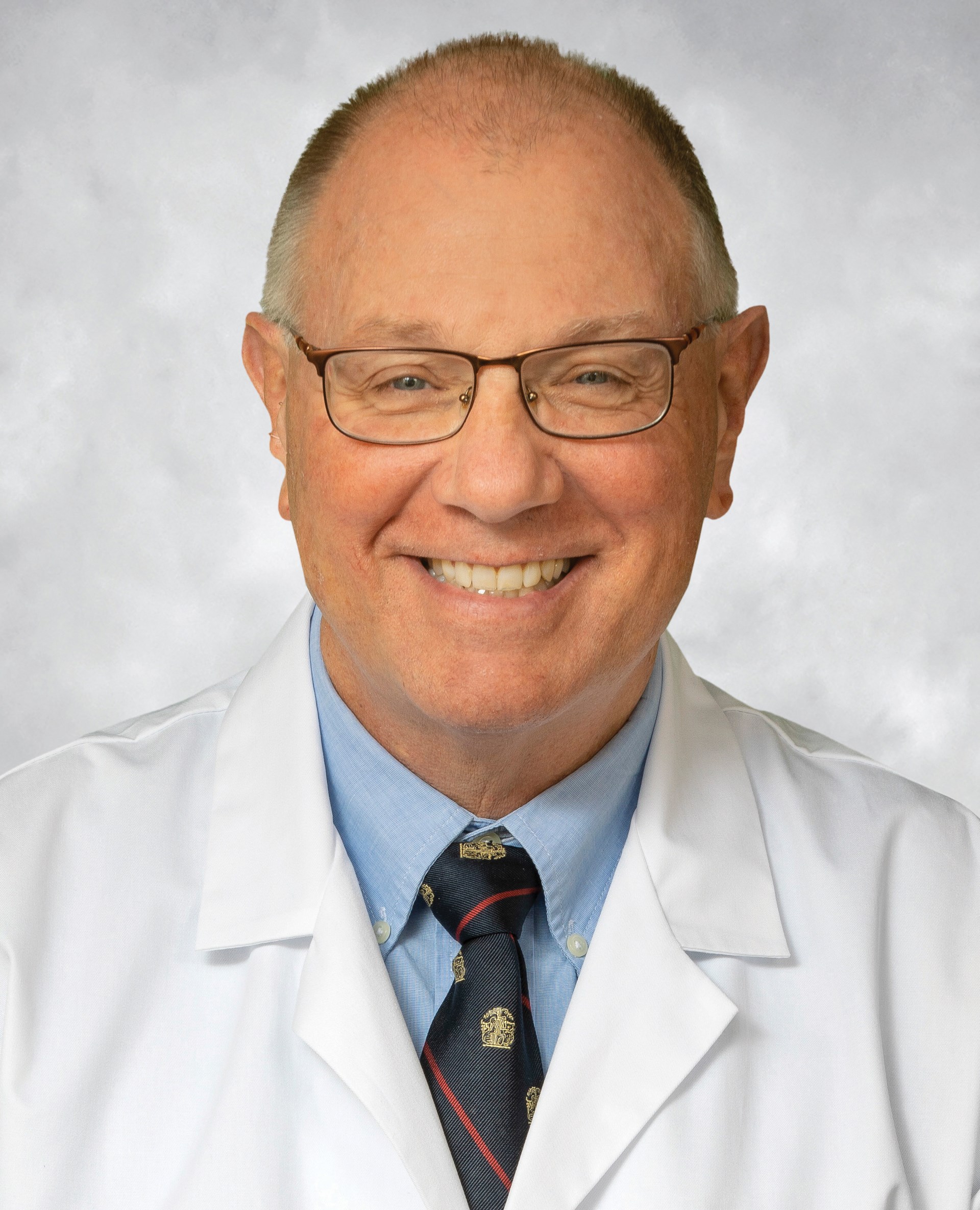Viktor Frankl, in his classic book Man’s Search for Meaning, suggests that true happiness ensues from living a life of meaning. He defined a meaningful life as one spent caring for others and being involved in worthwhile causes, endeavors, and experiences.
Recently, surgeons participating in the ACS Communities—a members-only, online community of the College—discussed the topic of “general surgery.” One member describes a general surgeon as “an internist that can operate” with the ability to treat maladies of “the skin and its contents.”
Several posts, especially from more experienced and retired members of the ACS Communities, described extensive and broad-based training that facilitated practices with full ranges of general surgery, vascular, endocrine, and even thoracic cases. Most of these surgeons look back fondly on their experiences and choice of general surgery as a career.
Postings from younger practicing surgeons frequently call out issues that relate to decreasing reimbursement, call and administrative burdens, limitation of their scope of practice due to increases in the specialization of surgery, and disrespect from other surgical specialists and hospital leadership.
While some of these surgeons expressed that they regret their career choice, I suspect that the majority of general surgeons are frustrated with the current state of healthcare but remain satisfied professionally as general surgeons in their communities.
Unfortunately, several surgeons reported having to leave their facilities and communities due to financial, administrative, or political barriers. A good friend and colleague said his small rural hospital recently eliminated all surgical services and fired half of their staff to reap the short-term financial benefits of a new federal designation.
I consider myself fortunate to be connected to both eras of surgeons. I still very much enjoy being a general surgeon. I felt the same in 1987, as I finished my training at Marshall University in Huntington, WV, as I do now after nearly 4 decades of private group practice in a small community in rural Ohio.
Many aspects of my personal and professional life have not changed. I have been married to the same woman for 41 years, live on 8.5 acres that include a fishing pond, and drive a 10-year-old Chevy pickup. Most of those years I have shared 1-in-3 call with two partners, and I am now the senior partner in my small group.
However, almost everything else about being a general surgeon has changed and evolved since I finished training.
New Knowledge, Technology
To maintain relevance and survive as a general surgeon, we embrace constant growth and adaptation to new knowledge and new technology. I did not perform any laparoscopy during my training, yet I rapidly learned to perform lap cholecystectomies early in the evolution of the technique.
I have continued the process of converting many of our routine open surgical procedures, including hernias, appendectomies, bowel cases, and reflux procedures, to minimally invasive techniques.
My group performs all of the endoscopies for a wide area of the region. Over the years, we have expanded our repertoire, adding endoscopic retrograde cholangiopancreatography (ERCP), stents, manometry, capsule endoscopy, and other advanced procedures. Learning and performing ERCP and, more recently, lap common bile duct exploration was a direct result of the evolution to lap gallbladder removal surgery and the need to manage bile duct stones and bile leaks without requiring patients to go outside of our community for additional care. These new techniques and procedures we added are a response to the needs of our patients and our community.
A Broad and Varied Practice
Much of the enjoyment and satisfaction related to general surgery is a direct result of the ability to perform a broad range of procedures on the entire body.
I started my practice doing the entire gamut of the usual general surgical procedures and endoscopy, but also carotid, aortic, vascular access, and complex peripheral bypass procedures; pediatric hernias and pyloromyotomies; pacemakers and some other thoracic procedures; thyroid surgery; hydroceles and orchiectomies; and whatever else needed to be done.
Like other surgeons, my practice has narrowed in some areas due to the advance of technology and the increase in the availability of surgical specialists. Endovascular techniques have replaced many of the open vascular procedures previously performed by general surgeons. Limitations of support staff, including anesthesia and nursing, have decreased the number of pediatric cases performed in smaller communities.
The beauty of general surgery is that each individual surgeon can have as broad and varied a practice as their training, experience, support system, and facility will allow.
On one memorable busy surgery day a number of years ago, my case list included an infant with pyloric stenosis and the implantation of a pacemaker in a 100-year-old farmer. No other specialty prepares a surgeon for such a broad range of procedures that help patients at all stages of their lives.













